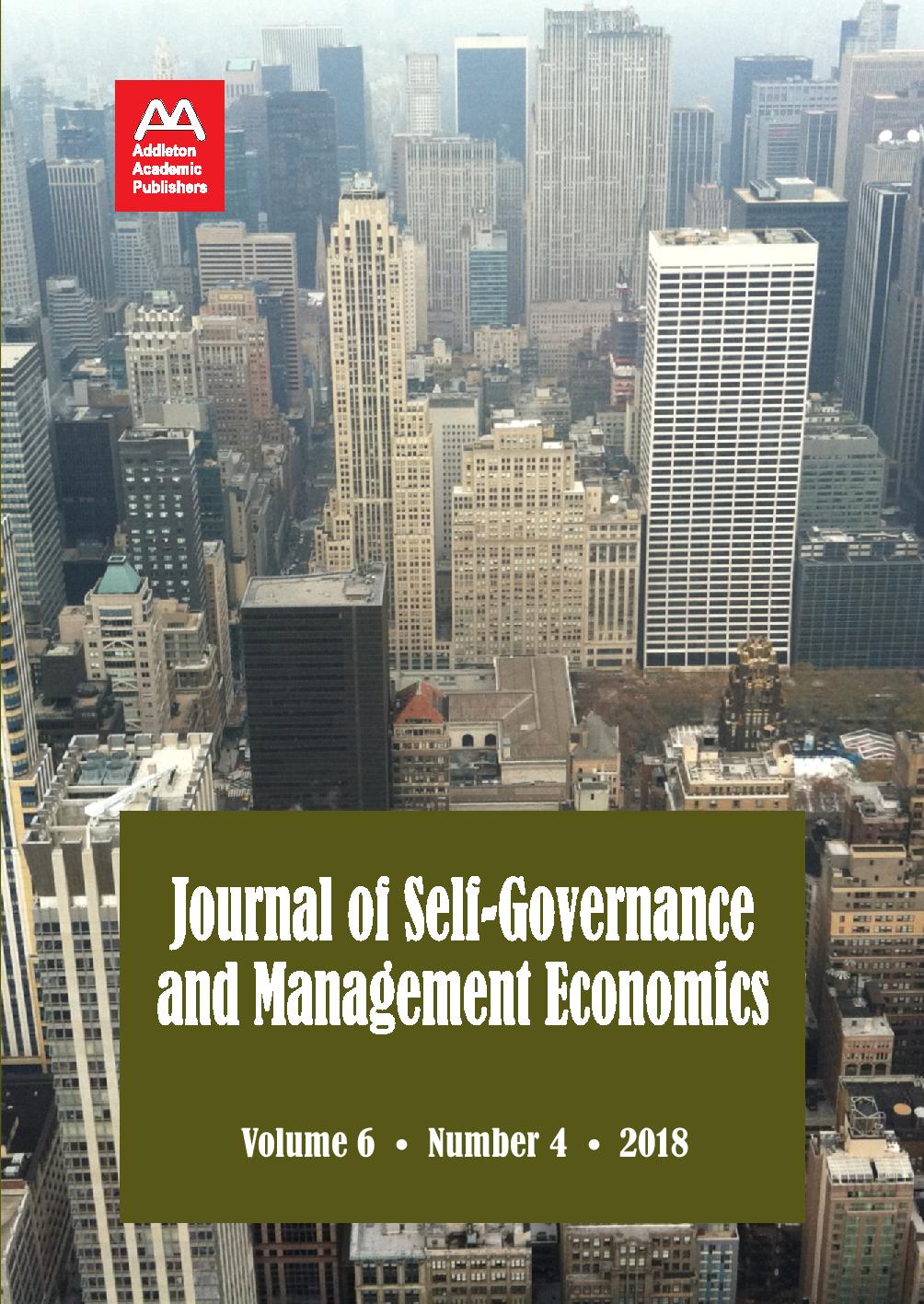A LABORLESS SOCIETY? HOW HIGHLY AUTOMATED ENVIRONMENTS AND BREAKTHROUGHS IN ARTIFICIAL INTELLIGENCE BRING ABOUT INNOVATIVE KINDS OF SKILLS AND EMPLOYMENT DISRUPTIONS, ALTERING THE NATURE OF BUSINESS PROCESS AND AFFECTING THE PATH OF ECONOMIC GROWTH
A LABORLESS SOCIETY? HOW HIGHLY AUTOMATED ENVIRONMENTS AND BREAKTHROUGHS IN ARTIFICIAL INTELLIGENCE BRING ABOUT INNOVATIVE KINDS OF SKILLS AND EMPLOYMENT DISRUPTIONS, ALTERING THE NATURE OF BUSINESS PROCESS AND AFFECTING THE PATH OF ECONOMIC GROWTH
Author(s): Elvira Nica, Cristina Manole, Cristian Ionuț StanSubject(s): Business Economy / Management, Labor relations, Human Resources in Economy, ICT Information and Communications Technologies
Published by: Addleton Academic Publishers
Keywords: automated environment; artificial intelligence; employment disruption;
Summary/Abstract: Following recent research on technology-driven economic growth, we have identified and provided empirical evidence on how highly automated environments and breakthroughs in artificial intelligence (AI) bring about innovative kinds of skills and employment disruptions. Using and replicating data from Bureau of Labor Statistics, CEA calculations, Frey and Osborne (2013), Gartner, National Post, OECD, Pew Research Center, Statista, and YouGov, we performed analyses and made estimates regarding percentage of jobs with high potential for automation or significant change in task, probability of automation by an occupation’s median hourly wage, the impact of AI automation on jobs, and percentage of U.S. workers worried they might lose their job to advancing technology, and who say they would (strongly) oppose/(strongly) favor certain policies in the event that robots and computers are capable of doing many human jobs.
Journal: Journal of Self-Governance and Management Economics
- Issue Year: 6/2018
- Issue No: 4
- Page Range: 25-30
- Page Count: 6
- Language: English
- Content File-PDF

